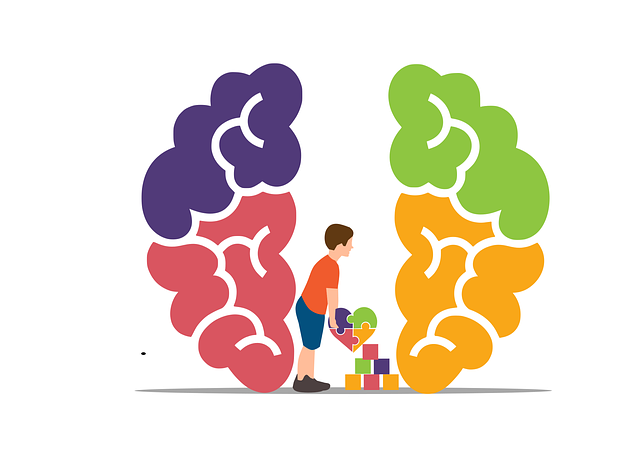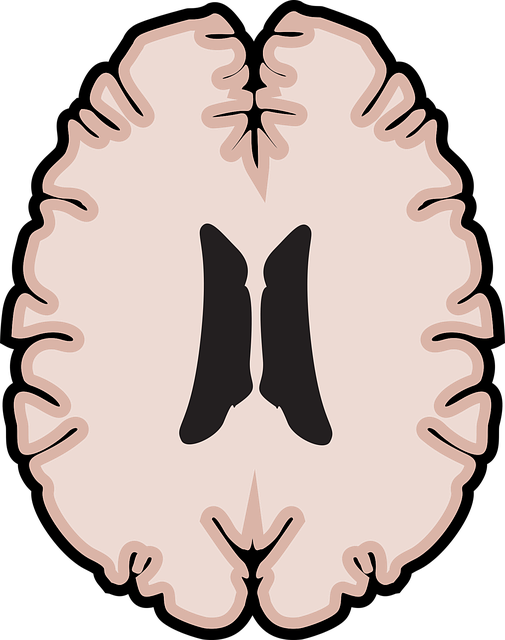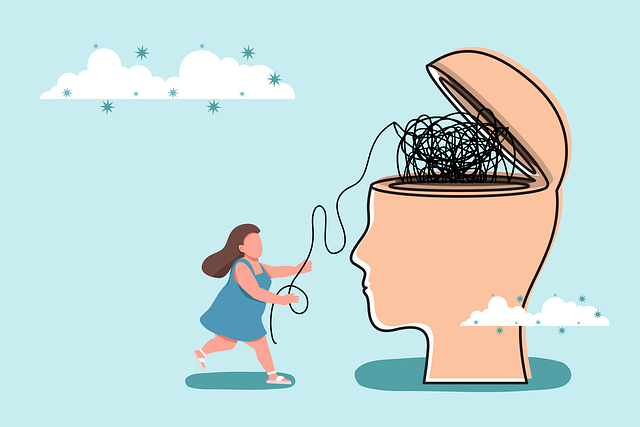Adopting Parker Codependency Therapy (PCT) techniques is a transformative path to self-care and mental wellness. By recognizing codependency, setting healthy boundaries, and incorporating tailored practices like meditation and mindfulness, individuals can break free from toxic relationships and manage stress effectively. PCT encourages personal responsibility, self-reflection, and culturally relevant self-care routines, such as journaling, nature walks, or creative pursuits, to enhance emotional well-being and avoid burnout, leading to a more balanced and fulfilling life.
Self-care is a vital practice, especially in understanding and overcoming codependency. This article explores how individuals can enhance their self-care rituals while incorporating effective techniques from Parker Codependency Therapy. By recognizing patterns of unhealthy interdependence, you can begin to nurture yourself authentically. We’ll guide you through strategies to reclaim your well-being, offering practical steps for a more balanced and fulfilling life. Discover the power of self-love and learn how Parker Codependency Therapy can be a game-changer in your personal growth journey.
- Understanding Codependency: A Basis for Self-Care
- Strategies for Enhancing Self-Care Rituals
- Incorporating Parker Codependency Therapy Techniques into Daily Life
Understanding Codependency: A Basis for Self-Care

Understanding codependency is a crucial step in fostering self-care practices. Codependency, as outlined by Parker Codependency Therapy, refers to an unhealthy emotional attachment where individuals rely excessively on others for validation and support, often at their own expense. This dynamic can make it challenging for people to prioritize their own mental health and emotional well-being. By recognizing these patterns, individuals can begin to separate themselves from these toxic relationships and start prioritizing self-care as a means of mood management.
This process involves learning to set healthy boundaries, practicing emotional detachment, and adopting techniques aimed at promoting emotional well-being. Just as policymakers advocate for Mental Health Policy Analysis and Advocacy to address societal mental health issues, individuals must also take initiative to care for their own minds. Incorporating self-care routines, such as meditation, therapy, or engaging in hobbies, can significantly enhance one’s ability to manage stress and maintain a positive emotional state.
Strategies for Enhancing Self-Care Rituals

Enhancing self-care rituals is a transformative process that can significantly improve one’s mental wellness. According to Parker Codependency Therapy, fostering healthy habits involves intentional practices tailored to individual needs. Start by identifying areas requiring attention—whether it’s managing stress through mindfulness meditation or addressing specific anxieties. Incorporate regular routines such as exercise, adequate sleep, and balanced meals to nurture both body and mind.
Consider personal preferences when developing self-care strategies. Activities like journaling, spending time in nature, or engaging in creative pursuits can be powerful tools for mental wellness coaching programs development. Prioritize ‘me time’ and learn to set boundaries to avoid burnout. By integrating these practices into daily life, individuals can experience improved emotional regulation and overall well-being, leading to a more fulfilling and balanced existence.
Incorporating Parker Codependency Therapy Techniques into Daily Life

Incorporating Parker Codependency Therapy (PCT) techniques into daily routines can significantly enhance self-care practices. PCT offers a structured approach to understanding and modifying unhealthy relationships with others and oneself, which is fundamental for overall well-being. By recognizing codependent behaviors and dynamics, individuals can develop healthier attachment styles and boundaries. This therapy encourages personal responsibility, self-reflection, and the adoption of new coping strategies.
For instance, practicing mindfulness meditation, a key component of PCT, allows one to become more aware of their thoughts and emotions. This heightened awareness facilitates better mood management and emotional regulation. Additionally, fostering cultural competency through training with healthcare providers can further support individuals in adopting self-care practices that are culturally relevant and tailored to their unique needs.
By understanding and addressing codependency, individuals can embark on a journey of self-discovery and improvement. The strategies and techniques from Parker Codependency Therapy offer a practical framework for enhancing self-care rituals. Incorporating these practices into daily life fosters emotional well-being, enables better boundaries, and promotes healthier relationships. Remember that self-care is not just a luxury but an essential aspect of navigating life’s challenges and achieving overall happiness and fulfillment.














